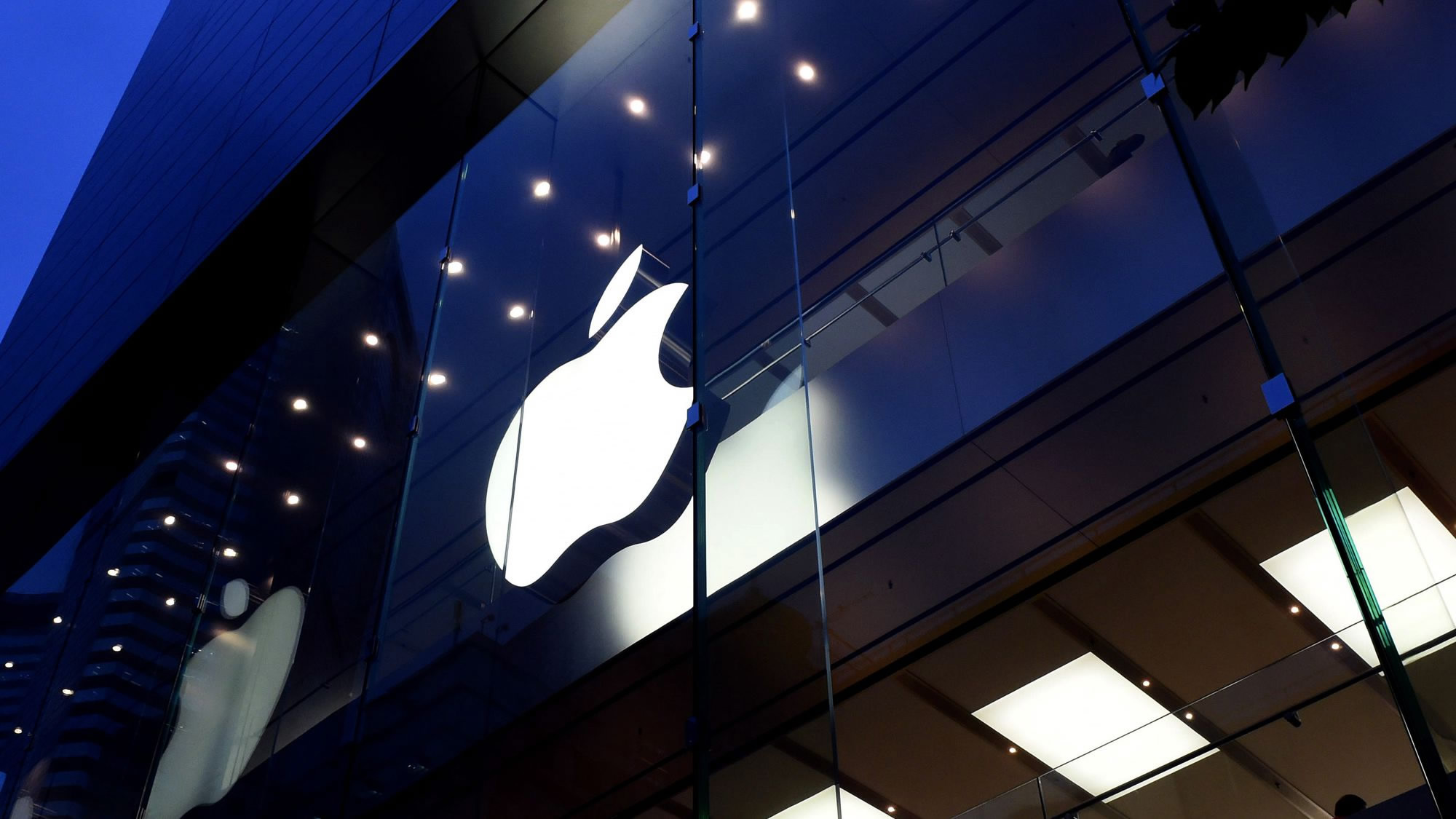Apple has encountered various challenges at the start of the year, including patent lawsuits affecting the Apple Watch, App Store controversies, and heightened competition for the iPhone in China. Despite these hurdles, the tech giant demonstrated the resilience of its business by reporting a 2% increase in sales, reaching $119.58 billion in the quarter ending in December. This marks Apple’s first quarterly revenue growth in a year, with profits totaling $33.92 billion, a 13% rise from the previous year.
The results underscore Apple’s ability to overcome a slowdown in device sales by encouraging its vast customer base to engage more with apps and services, such as Apple Music. Software and services sales experienced an 11% increase, reaching $23.12 billion during the period. Notably, the number of Apple devices in use globally increased by 200 million, hitting a total of two billion.
Despite the maturity of its flagship products like the iPhone and iPad, Apple managed to boost iPhone sales by 6%, reaching $69.7 billion. However, iPad and wearables, including Apple Watches, experienced declines, and Mac sales remained flat, contributing to nearly unchanged total device sales at $96.46 billion.
The challenges in China, Apple’s second-largest market, were evident as sales dropped 13% to $20.82 billion. Increased competition from Huawei, coupled with a slowing economy and reduced consumer spending, impacted iPhone and other product sales. Apple responded by discounting iPhones in China to stay competitive.
Apple’s performance, while positive, lagged behind other tech giants like Microsoft and Alphabet, which reported higher revenue gains. Both companies have embraced generative artificial intelligence, an area where Apple has been relatively slower to make advancements. During an analyst call, Apple CEO Tim Cook acknowledged the company’s focus on artificial intelligence and hinted at upcoming announcements later in the year.
While Apple faced headwinds, it celebrated the successful launch of its augmented reality headset, the Vision Pro, which sold out its initial batch of approximately 200,000 units. Tim Cook expressed excitement about the product and anticipated positive responses from users experiencing the “magic” of augmented reality.















































